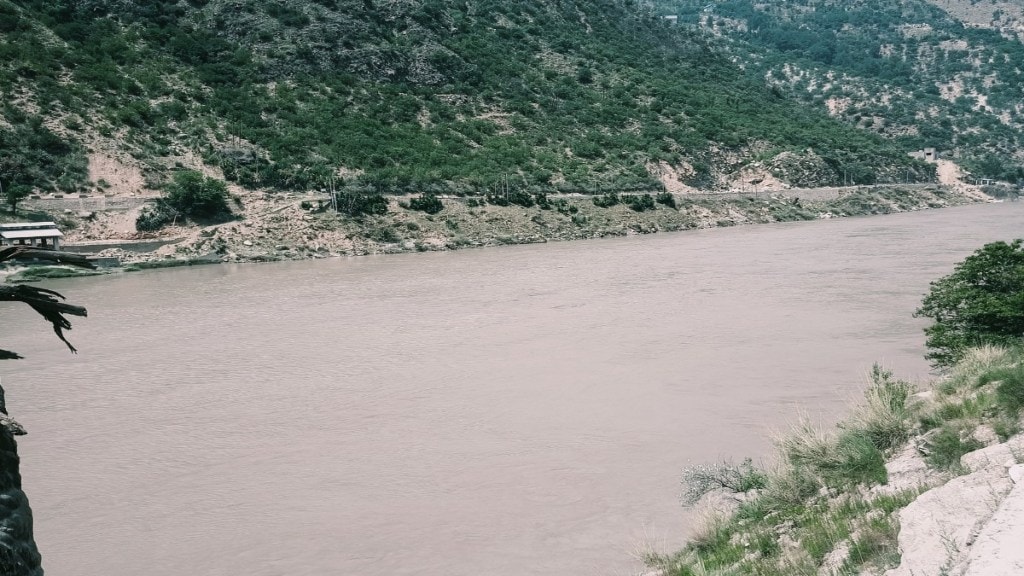India-Pakistan tension: Amid India’s assertion that ‘blood and water cannot flow together’ following the Pahalgam terror attack, Pakistan on Saturday has claimed that inflows from India into the Chenab River have dropped by 91,000 cusecs in recent days.
A sharp decline of 91,000 cusecs in water flow from India into the Chenab River was recorded over the past two days, Pakistan’s Water and Power Development Authority (Wapda) said. According to Wapda data, water inflows at Marala Headworks dropped from 98,200 cusecs on May 29 to just 7,200 cusecs on June 1, with no outflow reported.
The Flood Forecasting Division of the Pakistan Meteorological Department said that reduction follows similar interruptions earlier in May, when India significantly reduced water discharges into Pakistan ahead of a military escalation.
Indus Waters Treaty “in abeyance”
India suspended its participation in the 1960 Indus Waters Treaty (IWT) on April 23. Delhi has held Pakistan-based elements responsible for the incident, though Islamabad has denied any involvement. While both countries reached a ceasefire agreement in May after heightened military tensions, India has not resumed cooperation under the treaty.
New Delhi maintains that continuing water-sharing under the IWT while dealing with cross-border terrorism undermines national interests. Indian officials have argued that the treaty must reflect current realities, including repeated violations of peace by Pakistan.
Why is Chenab water necessary for Pakistan?
The Chenab River is critical for Pakistan’s agriculture, especially in Punjab province. Its canals, including the Upper Chenab and the Bambawali-Ravi-Bedian (BRB) canals, irrigate large swathes of farmland. A prolonged disruption in water flows could severely impact crop production and rural livelihoods.
India has long maintained rights over the waters of the eastern rivers under the IWT and partial rights over the western rivers, including the Chenab. Prime Minister Narendra Modi recently stated that Pakistan cannot expect water flows to continue while fostering hostility. “Pakistan cannot take both terror and water for granted,” he said in a strong message to Islamabad.
While Pakistan has called the reduction in flows “weaponisation of water,” Indian officials say it is a legitimate use of India’s water rights and a necessary measure in the wake of continuous provocations.

